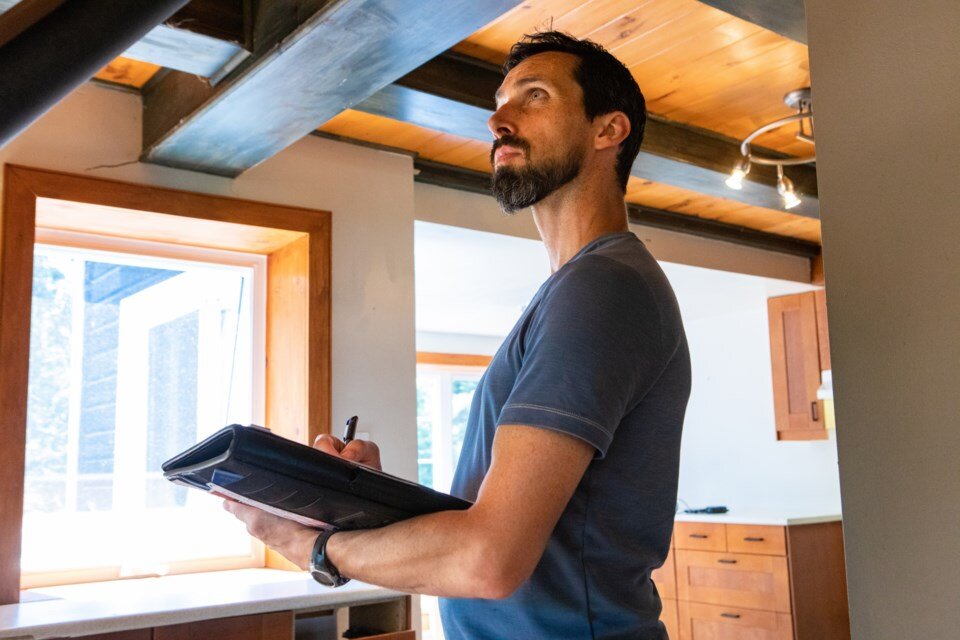What Your Home Inspector Isn't Telling You About Climate Risk
Read Time 2 mins | Written by: Henge Team

Buying a home is one of the biggest investments you'll ever make, but what if you’re missing critical information? Home inspectors often focus on structural issues, but there are climate risks that you should be aware of before you make a purchase. Check the list below to see what you're missing out:
Outdated Flood Maps
Flood maps used by inspectors and appraisers may not reflect recent changes in climate patterns. With more frequent heavy rains and flooding events, homes previously considered "safe" might now face a significant flood risk. It’s important to ask about the property's flood history and any flood mitigation efforts taken by the previous owners.
Wind Resistance
Inspectors might not assess how well a home can handle increased storm intensity. Older homes may not have the structural reinforcements required to withstand high winds, which are becoming more common due to climate change. Ask whether the roof and windows are rated for high wind resistance and if any upgrades have been made.
Wildfire Risk Zones
With the increased frequency of wildfires, especially in certain regions, it's crucial to know if the home is in a high-risk area. Inspectors may not always highlight the potential for wildfire exposure. Ask about fire-resistant building materials and defensible space, such as cleared vegetation around the home, to help reduce the risk.
Heatwave Readiness
Extreme heat is becoming more common in many areas, yet home inspectors may not address whether a property is prepared for prolonged heatwaves. Proper insulation, an efficient HVAC system, and heat-reflective roofing can all help manage indoor temperatures during extreme heat events. Verify if these features are in place to keep the home comfortable and safe.
Insurance Implications
Climate risk can significantly affect your insurance rates and coverage options. Homes in areas prone to flooding, wildfires, or hurricanes may come with higher insurance costs or limited coverage options. It’s important to understand these implications upfront and consider investing in additional resilience measures to reduce premiums.
Make a Smart Investment
Being aware of these factors can save you from future headaches and help you make an informed, resilient investment. Get a free climate risk and home insurability report from Henge.

